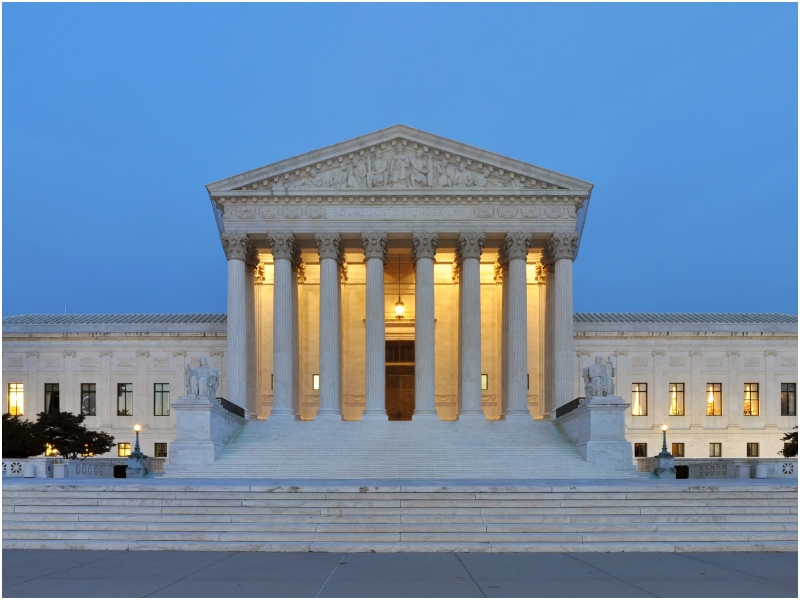The U.S. Supreme Court will address critical labor and employment issues this year, with its rulings set to influence workplace discrimination, wage laws, and employee benefits. Here’s a breakdown of the key cases on the docket.
Discrimination Claims by Majority Groups
In February, the Supreme Court will decide whether it should be harder for workers from “majority backgrounds,” such as white or heterosexual individuals, to prove workplace discrimination under Title VII of the Civil Rights Act of 1964.
The case centers on Marlean Ames, a heterosexual woman who alleges she lost her job at the Ohio Department of Youth Services to a gay man and was denied a promotion in favor of a gay woman. The department denies any discrimination, attributing its decisions to Ames’ performance.
The 6th Circuit Court of Appeals previously ruled against Ames, stating she failed to demonstrate “background circumstances” that she was targeted for being straight. Since the 1980s, at least four appeals courts have upheld a higher standard for majority groups in such cases, arguing that discrimination against majority groups is rare.
If the Supreme Court rules in Ames’ favor, it could bolster lawsuits by white and straight workers, particularly those challenging diversity, equity, and inclusion (DEI) policies. DEI initiatives have faced growing scrutiny, especially from conservative political groups.
Disability Discrimination Claims by Retirees
In January, the justices will hear a case involving Karyn Stanley, a retired firefighter, who is challenging a city policy that limits benefits for disabled retirees. The 11th Circuit ruled against Stanley, asserting that retirees cannot sue under the Americans with Disabilities Act (ADA) because they no longer hold or seek their former jobs.
Stanley’s attorneys argue this interpretation excludes millions of disabled retirees from ADA protections. The case has split federal appeals courts, with some ruling that the ADA’s scope should extend to retirees. The court’s decision could set a precedent for how the ADA applies to post-employment benefits and policies.
Overtime Pay and Wage Law Exemptions
The Supreme Court will also decide the standard of proof required for employers to show that workers are exempt from overtime pay under the Fair Labor Standards Act (FLSA).
The case involves grocery distributor EMD Sales, which failed to prove, under the 4th Circuit’s “clear and convincing evidence” standard, that its sales representatives were exempt from overtime. Most other appeals courts apply the more lenient “preponderance of the evidence” standard used in most civil cases.
During oral arguments, the conservative justices scrutinized whether the FLSA should adhere to stricter standards than other federal laws. The court’s ruling, expected by June, will likely influence wage and hour litigation and employers’ strategies in defending against class actions.
ERISA Claims and Retirement Plan Oversight
In January, the court will address how difficult it should be for plaintiffs to prove unlawful transactions under the Employee Retirement Income Security Act (ERISA).
The case involves a class action against Cornell University, accusing its retirement plans of overpaying for recordkeeping services. The 2nd Circuit dismissed the lawsuit, ruling that plaintiffs must prove a plan’s intent to benefit third parties in prohibited transactions.
This decision contrasts with rulings from other courts, which require only that plaintiffs show a prohibited transaction occurred. The outcome will impact the dozens of lawsuits against colleges and universities for allegedly mismanaging retirement plans.
Major Implications for Labor and Employment Law
The Supreme Court’s rulings this year will shape how courts handle discrimination, wage, and benefits cases. These decisions could also influence employers’ approaches to workplace policies, employee classifications, and benefits administration, setting far-reaching legal precedents.

